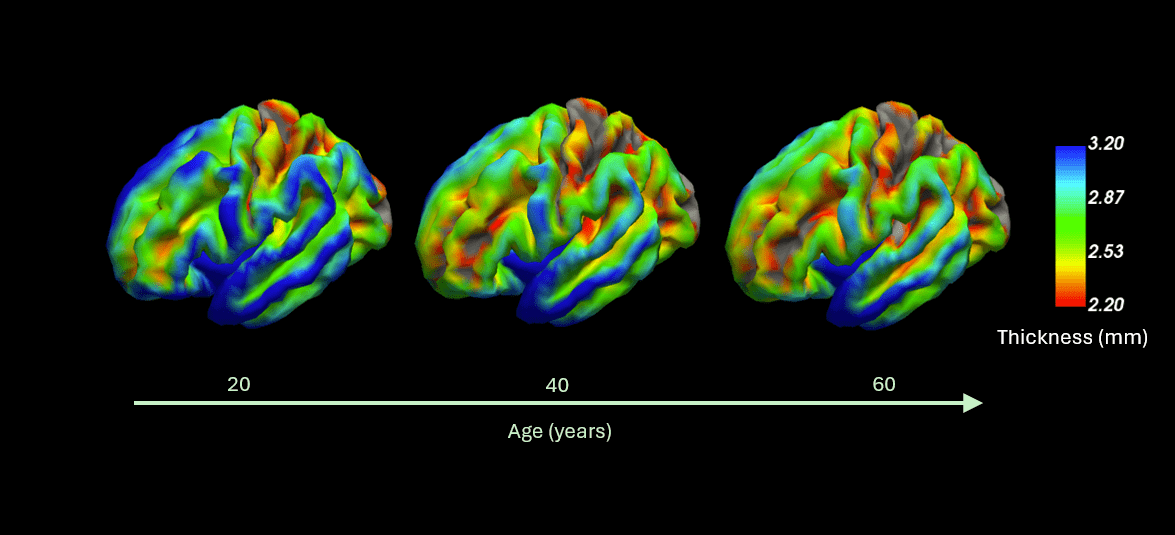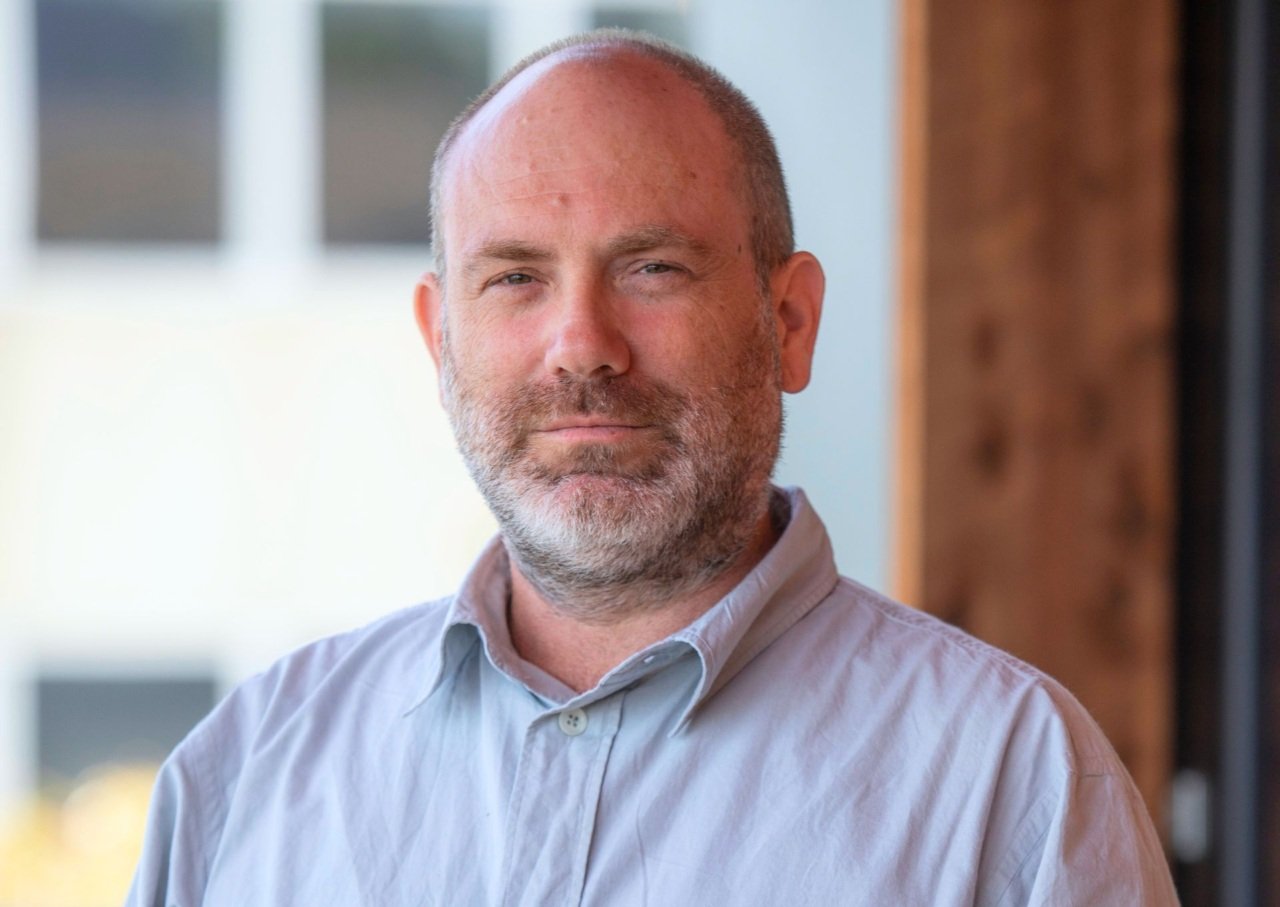
As most of us are well aware, getting older brings plenty of challenges.
Our memory may not be as good as it used to be, and we may find physical tasks more challenging than when we were young. There are positives associated with ageing too. We gain experience, and research shows that overall happiness increases beyond the age of 50.
Although age-related brain changes occur in everyone, some people’s brains appear to age faster than expected. These accelerated brain changes often reflect adverse health. In these people their brain appears older than anticipated for their age.
Encouragingly, in many cases, this faster brain ageing seems to be reversible. As a neuroimaging scientist, I’m interested in what accelerated brain ageing tells us about brain health.

Throughout my career, I’ve used MRI to analyse the brains of people with epilepsy. The brains of individuals who experience seizures over a long period of time can appear up to five years older than expected for their age.
For these people with severe epilepsy, brain surgery is one option for obtaining seizure control. Researchers have found that surgery doesn’t just reduce seizures, it can also reverse their brain age difference.
How do we predict brain age?
One of the exciting developments in neuroimaging research has been advances in artificial intelligence methods. AI can be used to extract information from large brain MRI datasets from around the world, which are often shared within the neuroscience community.
AI is applied to a person’s MRI scan and used to predict their age. We then compare that computer-estimated age with the person’s actual age. This allows us to identify common health and lifestyle conditions that may have led the person’s brain to age more rapidly.
Lifestyle factors to brain ageing
In addition to epilepsy and brain disorders such as dementia and stroke, lifestyle-related factors such as obesity, increased blood pressure and lower levels of physical activity are all associated with increased brain age.
Although MRI-based brain age measurement is still largely experimental, it’s clear that this technology plays an important role in understanding brain health in disease and healthy ageing.
It suggests an intimate link between our brain health and the health of the rest of our body. In many instances, we may be able to improve our brain health by doing the same activities that improve our overall health, such as regular exercise and eating a healthy diet.
Associate Professor Heath Pardoe is the Neuroimaging Theme Lead at The Florey, and the Science Operations Lead of the Australian Epilepsy Project.
Learn more about the Australian Epilepsy Project supported by The Florey.